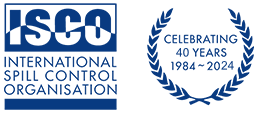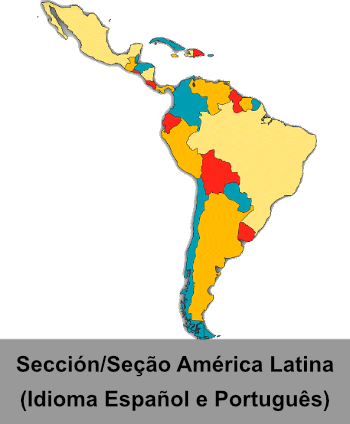Chilvers B.L. (2024) Marine Pollution Bulletin, 201, art. no. 116276, DOI: 10.1016/j.marpolbul.2024.116276
ABSTRACT: Preventing wildlife from becoming oiled is the priority in an oiled wildlife response. This is achieved through diverting spilled oil away from wildlife, or hazing, deterring, or excluding wildlife from oiled areas. This paper undertakes an international review of techniques deployed for hazing and deterring birds, the taxa most affected, during oil spills. Using these techniques as a baseline it then compares what techniques are used in New Zealand at airports, in agriculture, and at waste management facilities, to assess what could readily be deployed in New Zealand during oil spills, as currently there are few options planned for. As international literature suggests, the best technique is to use a variety of methods for targeted species to reduce habituation. This review highlights international practices that could be tested and implemented, to allow for planning for effective hazing and deterrence practices in New Zealand.





